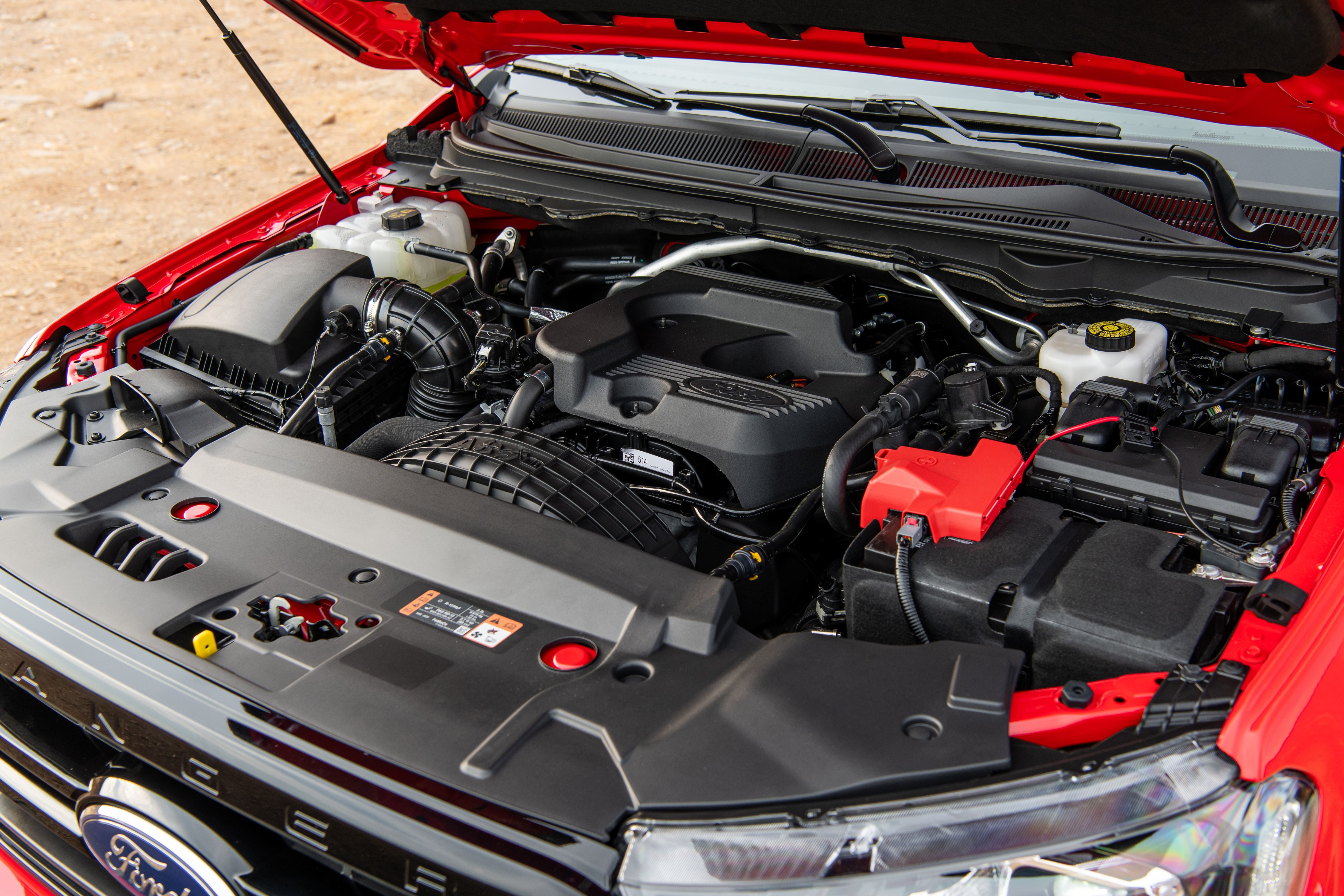Everything You Need to Know About the 2.2 Ford Ranger Engine and Its Performance
Everything You Need to Know About the 2.2 Ford Ranger Engine and Its Performance
Blog Article
What Makes a Cars And Truck Engine Run Efficiently: Top Tips for Optimal Care
The smooth procedure of an automobile engine is essential to both performance and longevity, making optimal care an important obligation for automobile proprietors. What particular steps should you prioritize to guarantee your engine continues to be in peak problem?
Routine Oil Changes
One of the most important elements of vehicle maintenance is ensuring your engine receives normal oil adjustments. Engine oil lubes interior elements, lowers rubbing, and assists maintain optimum operating temperature levels. Gradually, oil deteriorates because of warm, impurities, and the natural by-products of burning, bring about minimized effectiveness and possible engine damages.
The majority of manufacturers advise changing the oil every 5,000 to 7,500 miles, yet this interval can differ based on driving conditions and oil kind. For example, artificial oils may permit for longer periods in between modifications. Regular oil modifications not only enhance engine efficiency but likewise enhance gas efficiency, as tidy oil advertises smoother operation.
Neglecting oil modifications can cause sludge buildup, which hinders blood circulation and can lead to serious engine concerns. It is essential to examine oil levels on a regular basis and keep an eye on for any uncommon changes in shade or uniformity, which could suggest contamination or deterioration.

Preserving Coolant Levels
Preserving appropriate coolant degrees is important for protecting against engine getting too hot and ensuring optimal performance. The coolant, usually a blend of water and antifreeze, distributes via the engine, soaking up warmth and preventing thermal stress. Insufficient coolant can lead to increased engine temperatures, which may cause severe damages and even complete engine failing.
To maintain optimal coolant degrees, routinely examine the coolant reservoir, usually located in the engine bay. Ensure the coolant is loaded to the advised mark, as shown in your automobile's owner handbook. It is recommended to inspect the levels at the very least as soon as a month or previously long trips, especially during extreme climate condition.
If you notice that the coolant degree is constantly low, there may be a leakage in the air conditioning system, which ought to be dealt with promptly to avoid more issues. 2.2 ford ranger engine. Furthermore, purging the coolant system every 2 to three years can aid eliminate any gathered particles and guarantee reliable warm exchange
Checking Air Filters

It is recommended to examine the air filter every 12,000 to 15,000 miles, or much more regularly if driving in damaging or dirty problems. A simple aesthetic examination can commonly reveal whether the filter is dirty or damaged. It must be changed promptly. if the filter appears blemished or has noticeable dust buildup.
Utilizing a top quality air filter developed for your certain lorry model can even more improve engine efficiency. In addition, some lorries may benefit from recyclable filters that can be cleaned up and re-installed, supplying a ecologically friendly and economical choice.
Inspecting Glow Plugs
Glow plugs are necessary parts of a lorry's ignition system, straight influencing engine efficiency and effectiveness. They create the spark that stirs up the air-fuel combination in the burning chamber, assisting in the engine's power generation. Routine inspection of ignition system is critical for keeping optimal engine feature and protecting against possible problems.
During an evaluation, look for indicators of wear or damages, such as fractures, carbon buildup, or too much void widening. A healthy ignition system commonly exhibits a brown or tan color. Dark residue or oil down payments can indicate improper burning, while a white or blistered look may suggest getting too hot. Both conditions call for immediate focus to stop further engine damages.
It's a good idea to check spark plugs every 30,000 miles, or as advised in your car's proprietor manual. In addition, think about changing them according to the producer's standards, as worn or old trigger plugs can cause misfires, reduced gas efficiency, and increased emissions.
Monitoring Tire Stress
Ensuring appropriate tire stress is an essential aspect of automobile safety and security and performance. Under-inflated tires can result in reduced gas efficiency, enhanced tire wear, and endangered handling. Alternatively, over-inflated tires can decrease traction and boost the threat of blowouts. image source For that reason, routine surveillance of tire stress is vital for optimum lorry operation.
Tire pressure must be inspected at the very least as soon as a month and before lengthy journeys. Utilize a trusted tire pressure scale to gauge the stress when the tires are cool, preferably before the vehicle has been driven for a minimum of three hours. Refer to the car's owner handbook or the placard located on the vehicle driver's side door jamb for the manufacturer's recommended pressure degrees.
It is essential to note that tire stress can change with modifications in temperature; a decrease of 10 ° F link can lead to a 1-2 psi reduction in pressure. Furthermore, visually examine tires for any signs of wear or damages during your tracking regimen. Keeping appropriate tire stress not only boosts vehicle safety and security yet also boosts gas effectiveness and extends tire life, ultimately adding to a smoother engine performance.
Conclusion
In final thought, keeping a cars and truck engine's smooth operation needs diligent interest to numerous key aspects. Inevitably, an aggressive method to engine this contact form treatment is important for making sure integrity and functionality over time.
One of the most vital aspects of cars and truck upkeep is ensuring your engine gets routine oil modifications. Engine oil lubes inner components, decreases friction, and assists preserve ideal operating temperature levels. Normal oil adjustments not only improve engine performance but also enhance fuel effectiveness, as tidy oil advertises smoother procedure.
Inadequate coolant can lead to raised engine temperature levels, which might create extreme damages or also complete engine failing.

Report this page